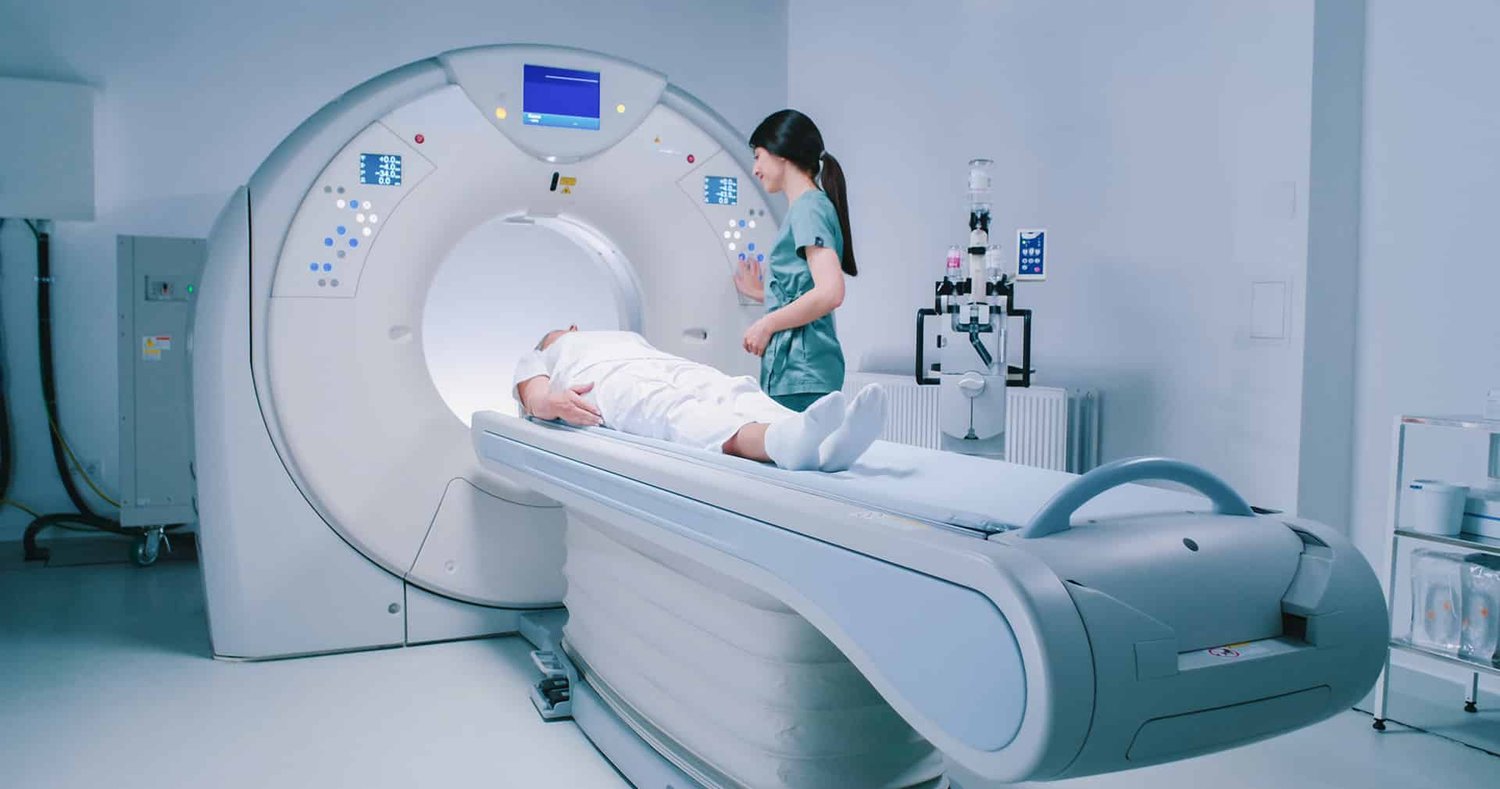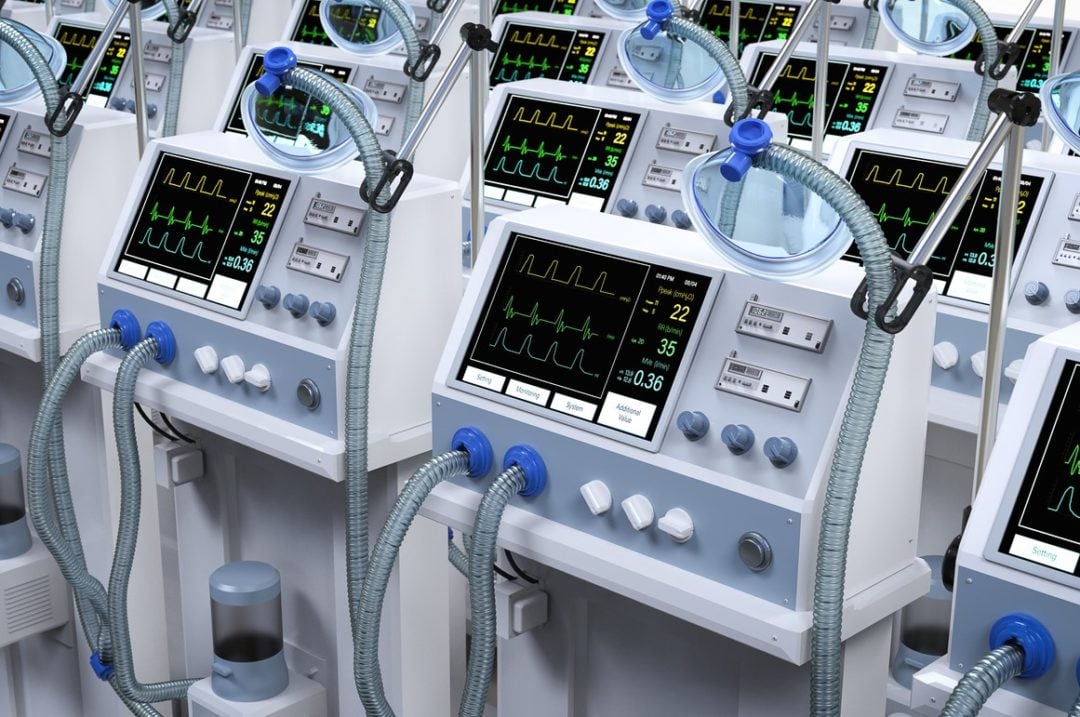

Improving Sciences
From medical devices, to drug discovery and medical data security, QQantum can offer new improved developments.

The simplicity and versatility of QQantum offers benfits in many different fields where acoustics, electrodynamics, and quantum mechanics are incorporated.
1. Acoustics in Medicine
- Medical Imaging: Acoustics plays a critical role in medical imaging techniques such as ultrasound. The software could be used to model and improve ultrasound technology, making it possible to create more detailed images of tissues and organs, leading to better diagnostics.
- Therapeutic Ultrasound: Beyond imaging, acoustics is also used in therapeutic ultrasound, where sound waves are used to treat medical conditions, such as breaking down kidney stones (lithotripsy) or targeting tumors with high-intensity focused ultrasound (HIFU). The software could help optimize these therapies by simulating the interactions between sound waves and human tissues.
- Hearing Aids and Auditory Research: The software could assist in designing more effective hearing aids or in researching how sound waves interact with the auditory system, leading to advancements in treating hearing impairments.
2. Electrodynamics in Medicine
- Electromagnetic Imaging: Electrodynamics is fundamental in technologies like MRI (Magnetic Resonance Imaging), which uses electromagnetic fields to create detailed images of the body. The software could be used to simulate and improve the design of MRI systems, enhancing image quality and reducing scan times.
- Electromagnetic Therapy: The software could help develop or refine electromagnetic therapies used to treat various conditions, such as transcranial magnetic stimulation (TMS) for depression or electromagnetic fields for bone healing.
- Medical Device Design: Electromagnetic principles are also key in the design of many medical devices, including pacemakers, defibrillators, and electrosurgical instruments. The software could simulate how these devices interact with the human body, helping to optimize their performance and safety.
3. Quantum Mechanics in Medicine
- Quantum Imaging and Sensing: Quantum mechanics could lead to the development of advanced imaging techniques that surpass current limitations, such as quantum-enhanced MRI or PET scans that offer higher resolution or sensitivity.
- Quantum Computing in Drug Discovery: Quantum mechanics is crucial in the emerging field of quantum computing, which could revolutionize drug discovery by simulating complex molecular interactions at a quantum level, potentially leading to the development of new medications.
- Quantum Cryptography for Medical Data Security: Quantum mechanics can be used to secure medical data through quantum cryptography, ensuring that sensitive patient information remains confidential.
QQantum cam be a powerful tool for advancing both medical research and clinical practices, ultimately leading to better patient care and outcomes.